
ACTA, together with Medicines Australia, AusBiotech and Research Australia hosted the Clinical Trials 2016 Breakfast & Award Ceremony on May 20th to mark International Clinical Trials Day and celebrate the announcement of the inaugural ACTA Trial of the Year Award.
We were joined by a number of esteemed guests who took part in the ceremony including the Hon Sussan Ley MP, Minister for Health, Aged Care and Sport who presented the awards, along with Mr Frank McGuire, Victorian Parliamentary Secretary for Medical Research, Professor Anne Kelso AO, CEO of the NHMRC and Mr Wes Cook, Chair of Medicines Australia. The event held at the AMREP Education Centre in Melbourne was attended by close to 200 leading clinical trialists, researchers, industry leaders and patient representatives. It was widely regarded as a huge success in terms of raising profile for the tremendous value of investigator-driven trials conducted in Australia, and was a clear demonstration of a new era of commitment to strengthening partnerships and building capacity across all levels the Australian clinical trials ecosystem. This was the inaugural year of the ACTA Awards. We sought nominations for investigator-driven trials for which the primary results were published in 2015, that addressed a critical gap in the evidence, were of an exceptional standard in terms of scientific rigour, and importantly, were expected to translate to a significant change in policy or practice. Initially, we had intended to announce only one winner, but the nominations received were of such a high standard that our independent judging panel made the recommendation that the Board honour a field of five finalists in addition the winning trial. On behalf of all members of the ACTA community, we extend our congratulations to the many thousands of people - both researchers and participants - who were involved in the six outstanding trials honoured during the inaugural ACTA Trial of the Year Awards.2016 ACTA Trial of the Year Winner: The PPROMT Trial Immediate delivery compared with expectant management after preterm pre-labour rupture of the membranes close to term: a randomised controlled trial.
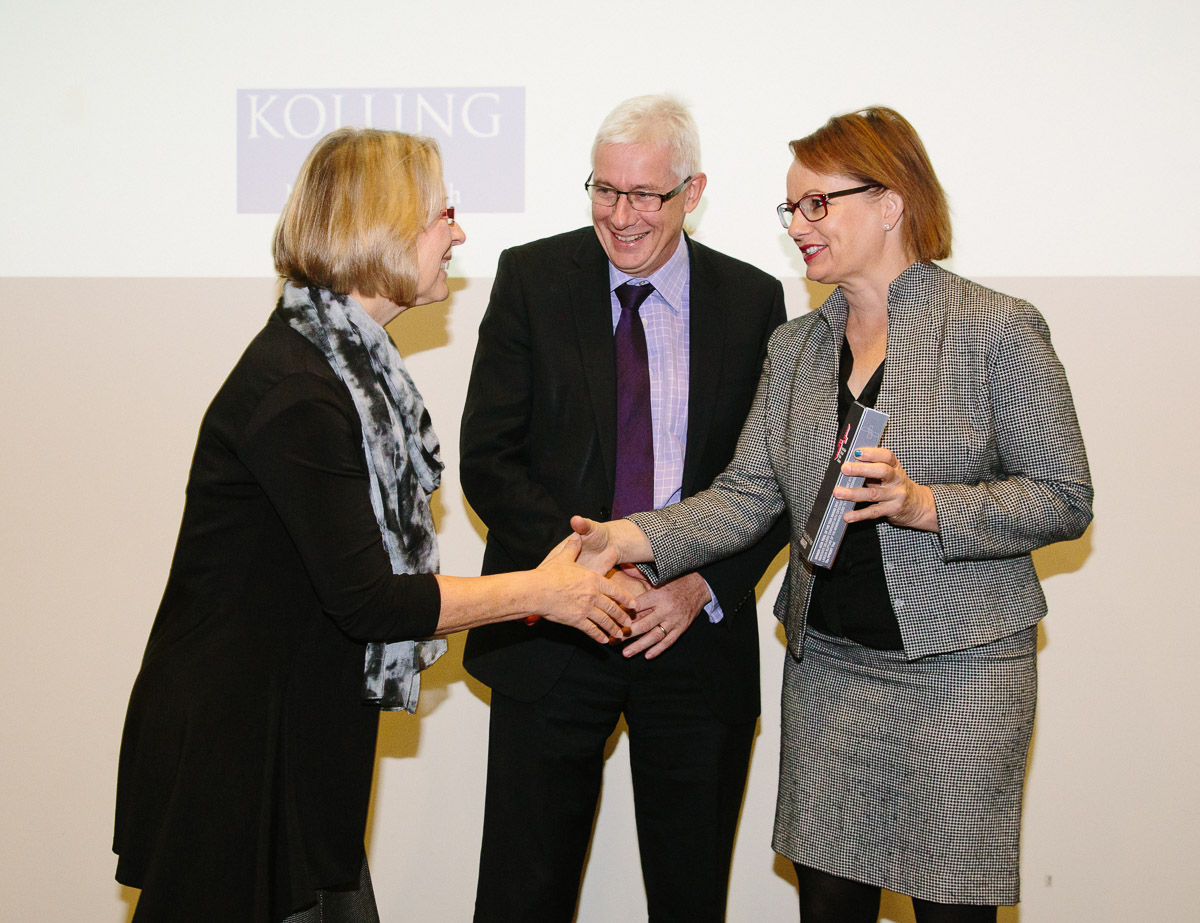


- Conducted by: The Interdisciplinary Maternal Perinatal Australasian Collaborative Trials (IMPACT) Network
- Chief Investigator: Prof Jonathan Morris AM
- Coordinating Centre: The Kolling Institute
- Citation: Lancet 2016; 387: 444–52
The PPROMT trial investigated whether, for women who rupture their membranes before term, immediate delivery or expectant management leads to improved outcomes for babies, in particular, decreased risk of infection.
The trial randomised 1839 women in 65 centres in 11 countries to either immediate delivery or expectant management. There was no difference in the incidence of newborn infections between babies born to women in the two groups. However, babies born to women managed expectantly had a decreased risk of respiratory disease and a decreased need for respiratory support compared with those delivered immediately. They also spent fewer days in a special care baby unit and fewer days in hospital. Women managed expectantly had a lower incidence of delivery by Caesarean Section.
This trial shows that there is no benefit for mothers or babies in immediate delivery following pre-labour preterm rupture of the membranes between 34 weeks and term gestation, in the absence of a clear clinical indication.
Read Professor Morris' acceptance speech here.

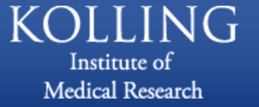
Congratulations also to the 5 nominated finalists in this year's award...
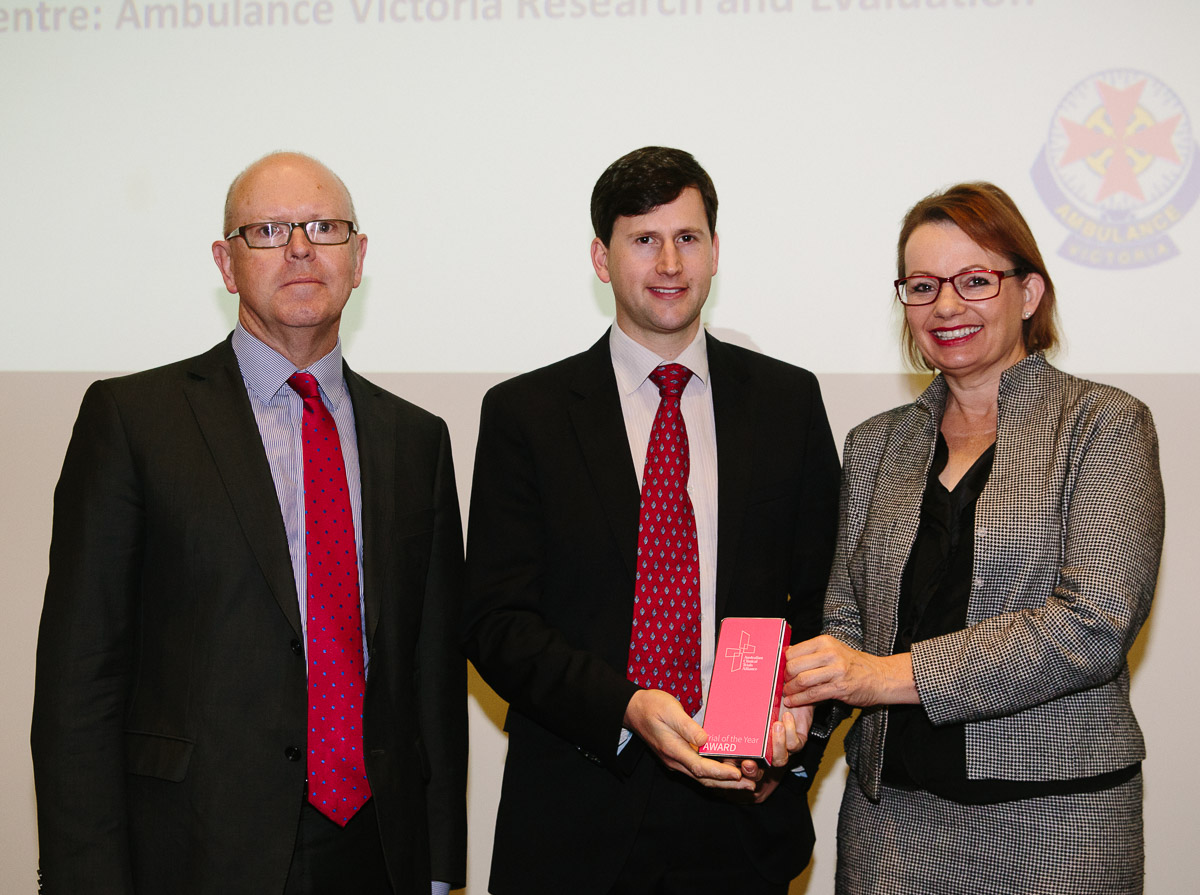
Finalist: The EXTEND-IA Trial A multicentre, randomised, controlled study to investigate extending the time for thrombolysis in emergency neurological deficits with intra-arterial therapy.
- Conducted by: The Australasian Stroke Trials Network (ASTN)
- Chief Investigator: A/Prof Bruce Campbell & Prof Peter Mitchell
- Coordinating Centre: Royal Melbourne Hospital
- Citation: N Engl J Med 2015;372:1009-18

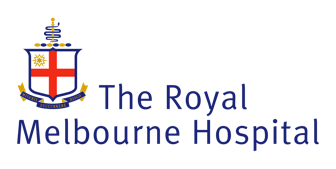
Finalist: The SOFT Trial Suppression of Ovarian Function Trial.
- Conducted by: The Australia and New Zealand Breast Cancer Trials Group (ANZBCTG)
- Chief Investigator: A/Prof Prue Francis
- Coordinating Centre: The International Breast Cancer Study Group
- Citation: N Engl J Med 2015;372:436-46

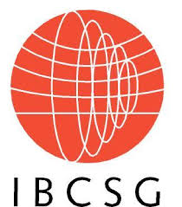
Finalist: The EPO-TBI Trial A randomised placebo controlled trial of erythropoietin in ICU patients with traumatic brain injury.
- Conducted by: The Australian and New Zealand Intensive Care Society Clinical Trials Group (ANZICS CTG)
- Chief Investigator: A/Prof Craig French
- Coordinating Centre: The Australian and New Zealand Intensive Care Research Centre (ANZIC-RC), Monash University
- Citation: Lancet 2015; 386: 2499–506

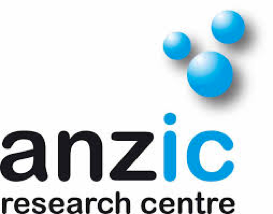
Finalist: A Very Early Rehabilitation Trial (AVERT) A phase 3, multicentre, randomised controlled trial of very early rehabilitation after stroke.
- Conducted by: The Australasian Stroke Trials Network (ASTN)
- Chief Investigator: Prof Julie Bernhardt
- Coordinating Centre: The Florey Institute of Neuroscience and Mental Health
- Citation: Lancet 2015; 386: 46–55


Finalist: The AVOID Trial Air versus oxygen in st-segment–elevation myocardial infarction study.
- Conducted by: Ambulance Victoria and Monash University
- Chief Investigators: Prof Stephen Bernard & A/Prof Karen Smith
- Coordinating Centre: Ambulance Victoria Research and Evaluation Department
- Citation: Circulation. 2015;131:2143-2150


Our sincere thanks to our event partners for helping to bring together such a successful event.







